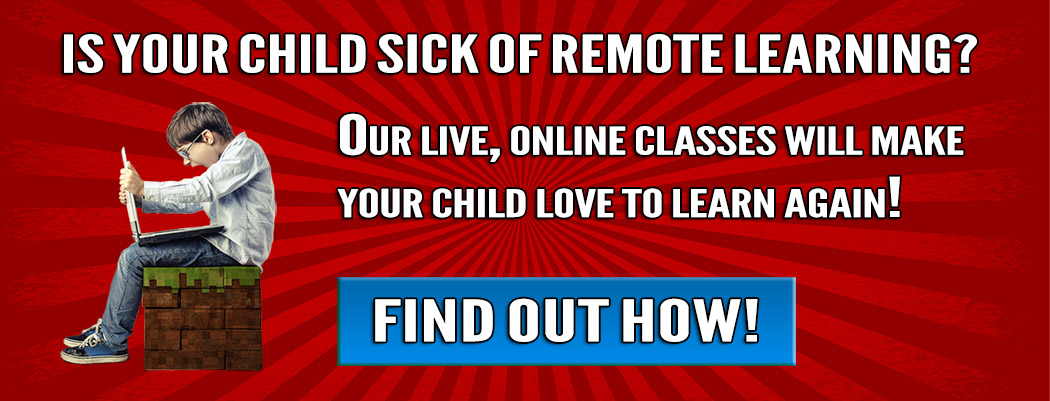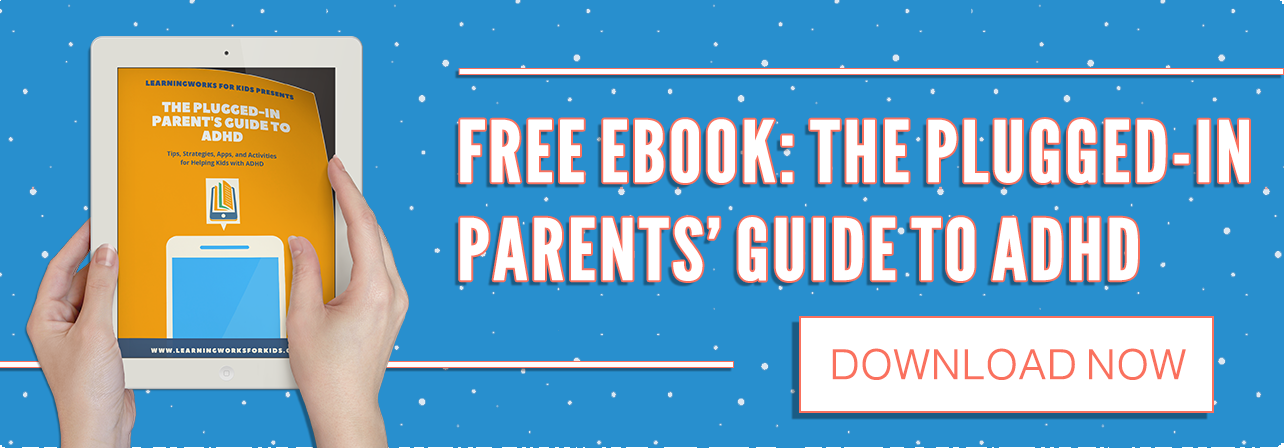Video games such as Fortnite and Minecraft are compelling activities built by masterminds who know how to capture the attention and persistence of players. However, it is this same focus, determination, and intensity that makes it so difficult to stop playing. Parents frequently report that they notice more irritability in their kids after they have played video games such as Fortnite and Minecraft. One might think that they would be in a good mood after having so much fun playing video games, and this is the case for many kids. These difficulties, which can be mistaken for video game addiction, are particularly problematic in kids diagnosed with ADHD, autism, Learning Disabilities, executive-functioning problems, anxiety, or depression. However, for a significant portion of kids, irritability, moodiness, and outright anger are the predominant emotional expression at the conclusion of video-game play. Some parents of these children feel as if they do not know what to do when their children get moody and frustrated after playing video games, and many resort to restricting their kids from one of their favorite activities.
Why do kids get so upset after engaging in their favorite activity? There is concern that the irritability can be a sign of video game addiction for a very small minority of children. However, most kids who are moody and irritable after gameplay are not demonstrating symptoms such as intense preoccupation, the need to spend increasing amounts of time playing games, withdrawal symptoms, and a total loss of interest in previous hobbies. Instead, the irritability is not too different from the reaction observed in highly competitive kids who love a sport and can become overly upset when their team loses or they don’t perform to the level of their expectations. Kids who are highly engaged in their gameplay, care about their performance, and are motivated to do well become frustrated when they can’t finish what they started or don’t achieve at the level they want. Consider the definition of frustration: the feeling of being upset or annoyed, especially because of inability to change or achieve something.
Video games are a unique activity for many kids due to their total engagement, immersement in their play (described as “flow” by others), and something we call engamement at LearningWorks for Kids. Many kids are so fully engamed that they lose track of time and are fully focused on what they are doing, only to be interrupted by parents telling them it’s time to do their homework or get ready for dinner. If they haven’t achieved their goals or have to transition before they are ready, it’s easy to see why irritability and frustration follow video game play.
Once parents understand how this process work, they can begin to reduce some of the conflicts, irritability, and frustration that tend to follow some video game play. Here are six parenting tips to use if children get irritable and frustrated after playing video games:
- Start before gameplay begins. Discuss your concerns before they start to play. Work to reframe video gameplay as something that is challenging and fun rather than disappointing. Suggest that there will be another day to keep getting better at gameplay.
- Develop decompression strategies. Ask them to talk about their gameplay when they are done playing. Processing their thoughts can be viewed as a way of letting out his frustrations.
- Make game play less competitive. Help them to see what they have accomplished, rather than their failures.
- Have something fun to do directly after video-game play. Establish a fun and easy transition activity that routinely follows gameplay.
- Ensure they are not tired or hungry due to excessive game play. Have snacks available either during or right after the activity.
- Make certain there are other healthy and physical activities available after gameplay. This could include some type of exercise or a social opportunity.
This article is one of a series of posts about Fortnite. In the past month, I’ve been approached by many new services, including Fox News.com, WBZ radio, and Bloomberg News, to provide an expert opinion on the pros and cons of children playing Fortnite. My basic message has been that Fortnite is inappropriate for children under the age of 13, as it is built in a way that can encourage overuse or, in rare cases, even addiction to the game. However, it can also provide opportunities for developing skills such as planning, organization, flexibility, problem-solving, and, in some modes, collaboration. At the same time, I have a sense of discomfort with the storyline of Fortnite, where the objective of the popular Battle Royale game is to kill everyone so that only you survive. This one-for-all motive in the game promotes selfishness and lack of empathy for others that permeates our societal and political environment in 2019.







My son is 18 years old and addicted to pubg . He plays the game round the clock and doesn’t socialize. He has stopped going to college. If stop him, he gets hyper and start hitting me. Any solution for it. I’m so worried about his future and getting into depression day by day.
Hey Sanjeev,
Without knowing more about your situation and only with my experience to go off, this very much sounds like video game addiction. I’d consult a health care practitioner who will be able to offer advice appropriate to your situation.